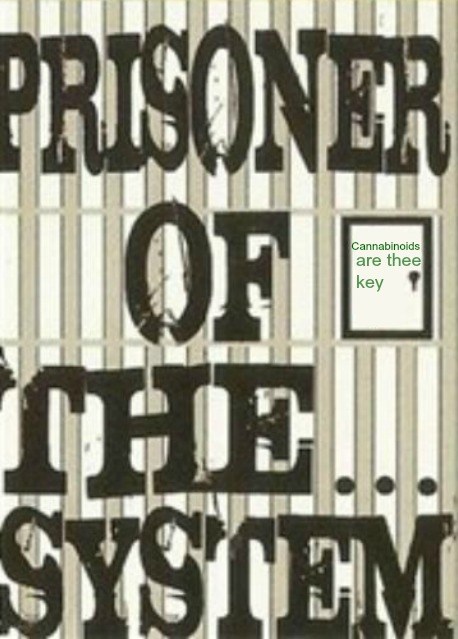 Effects of cannabinoids and related fatty acids upon the viability of P19 embryonal carcinoma cells.
Effects of cannabinoids and related fatty acids upon the viability of P19 embryonal carcinoma cells.
Source
Department of Pharmacology and Clinical Neuroscience, Umeå University, 901 87, Umeå, Sweden.
Abstract
Compounds acting on the cannabinoid (CB) receptors are involved in the control of cell fate, and there is an emerging consensus that CBs have anticancer effects. However, the CB-mediated effects are contradictory since some studies suggest stimulatory effects on cancer cell proliferation, and CBs have been shown to stimulate both proliferation and differentiation of other mitotic cells such as stem and progenitor cells. In this study, the concentration-dependent effects of synthetic and endogenous CBs on the viability of mouse P19 embryonal carcinoma (EC) cells have been examined by using fluorescence assays of cell membrane integrity, cell proliferation, oxidative stress, and detection of apoptosis and necrosis. All compounds examined produced a concentration-dependent decrease in cell viability in the micromolar range, with the potent CB receptor agonist HU 210 and the enantiomer HU 211 (with no CB receptor activity) being the most potent compounds examined with apparent IC50 values of 1 and 0.6 μM, respectively. The endogenous CB anandamide showed similar potency and efficacy as structurally related polyunsaturated fatty acids with no reported activity at the CB receptors. The rapid (within hours) decrease in cell viability induced by the examined CBs suggests cytocidal rather than antiproliferative effects and is dependent on the plating cell population density with the highest toxicity around 100 cells/mm2. The CB-induced cytotoxicity, which appears to involve CB receptors and the sphingomyelin-ceramide pathway, is a mixture of both apoptosis and necrosis that can be blocked by the antioxidants α-tocopherol and N-acetylcysteine. In conclusion, both synthetic and endogenous CBs produce seemingly unspecific cytotoxic effects in the P19 EC cells.
- PMID:
- 23552853
- [PubMed – as supplied by publisher]

